On Genesis, Part 10: The Sins of Men and Angels
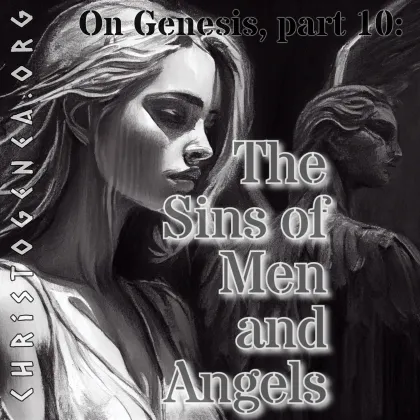
On Genesis, Part 10: The Sins of Men and Angels
The pitiful condition of the surviving portions of the Enoch literature and other apocryphal or pseudepigraphal works, such as the Genesis Apocryphon of the Qumran sect, may not present an absolutely reliable picture of all of the details of the sins of men and angels, but compared to the words of the apostles of Christ we may at least understand some of the underlying truths which they have preserved to some degree. So, as we discussed in our last presentation here, Perfect in His Race, the apostle Jude in his one brief epistle had warned of infiltrators into the Body of Christ who would introduce corruption, and had associated them with the fallen angels of antiquity. Both Peter and Paul had warned similarly. Then, as we had already mentioned in Part 8 of this commentary, Giants and the Sons of God, in Colossians chapter 2 Paul of Tarsus wrote in reference to the humiliation which is found in the worship of angels, where he must have been speaking of those same fallen angels. Then in 1 Corinthians chapter 10, speaking of the pagan worship of the nations of Roman Europe, he wrote “18 Behold Israel down through the flesh: are not those who are eating the sacrifices partners of the altar?”, and in reference to that same thing a little further on, he continued and wrote that “20 … whatever the Nations sacrifice, they sacrifice to demons, and not to God. Now I do not wish for you to be partners with demons.”
So in those two passages, Paul had equated the pagan religions with the worship of both angels and demons, and the meaning of his words cannot be completely reconciled with the writings of the Old Testament without the Enoch literature. So in Charles’ edition of 1 Enoch chapter 19 we read: “1. And Uriel said to me: ‘Here shall stand the angels who have connected themselves with women, and their spirits assuming many different forms are defiling mankind and shall lead them astray into sacrificing to demons as gods, (here shall they stand), till the day of the great judgement in which they shall be judged till they are made an end of.’” This in turn accords with the words of Christ, where we read in Revelation chapter 20 that the devil, the beast, and the false prophet shall be cast into the Lake of Fire, and in Matthew chapter 25 where He attests that the goat nations – those nations who are not His sheep – have their destiny in the “everlasting fire, prepared for the devil and his angels.” Only their origin explains the reason why they are not found written in the Book of Life.

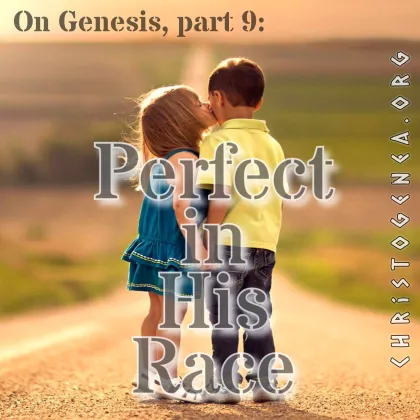

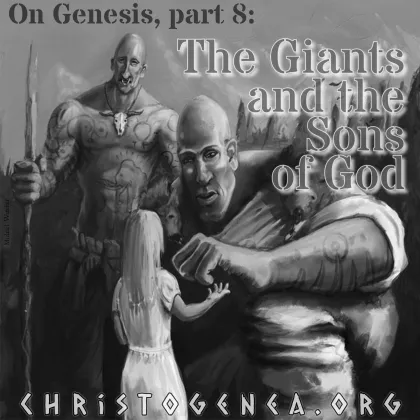
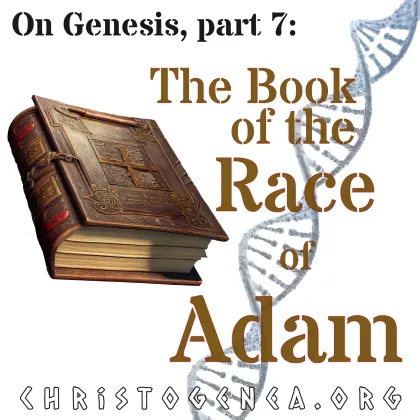
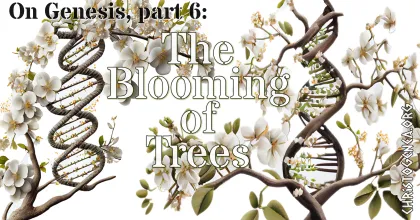




 Please click here for our mailing list sign-up page.
Please click here for our mailing list sign-up page.








Recent comments